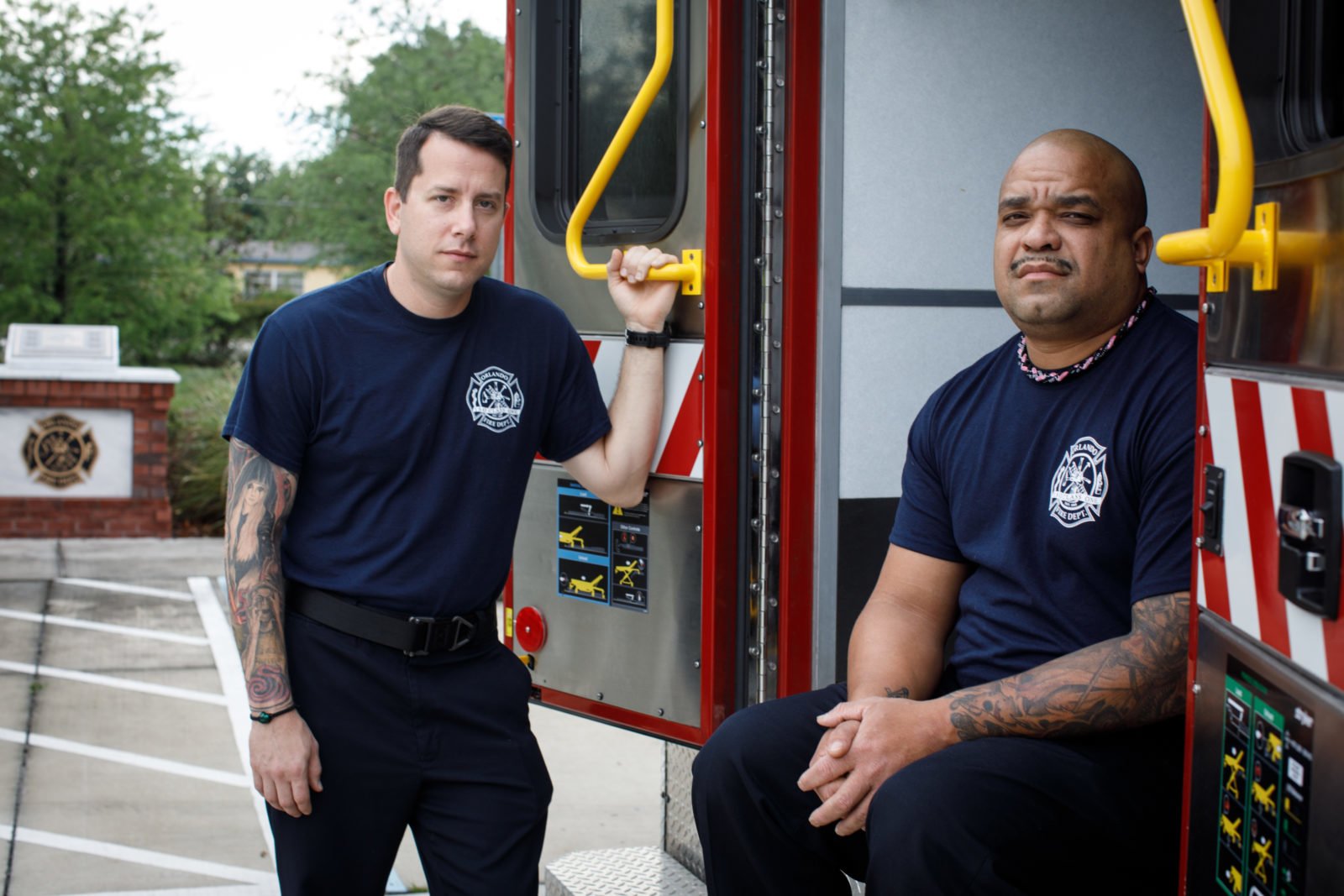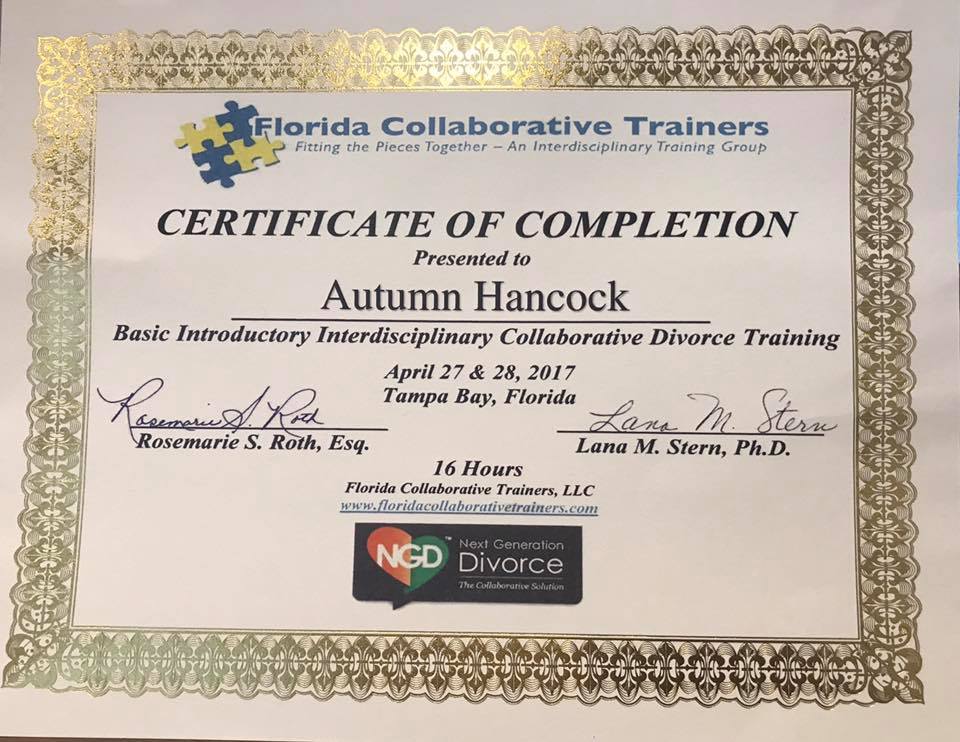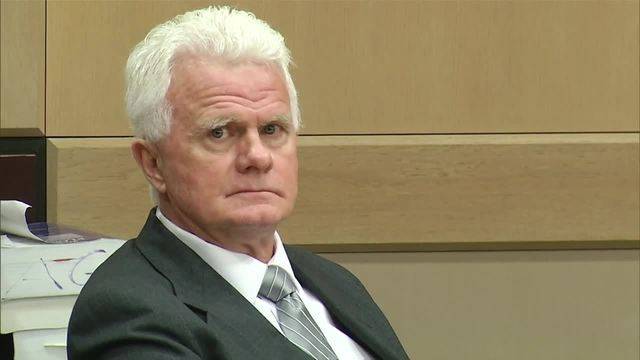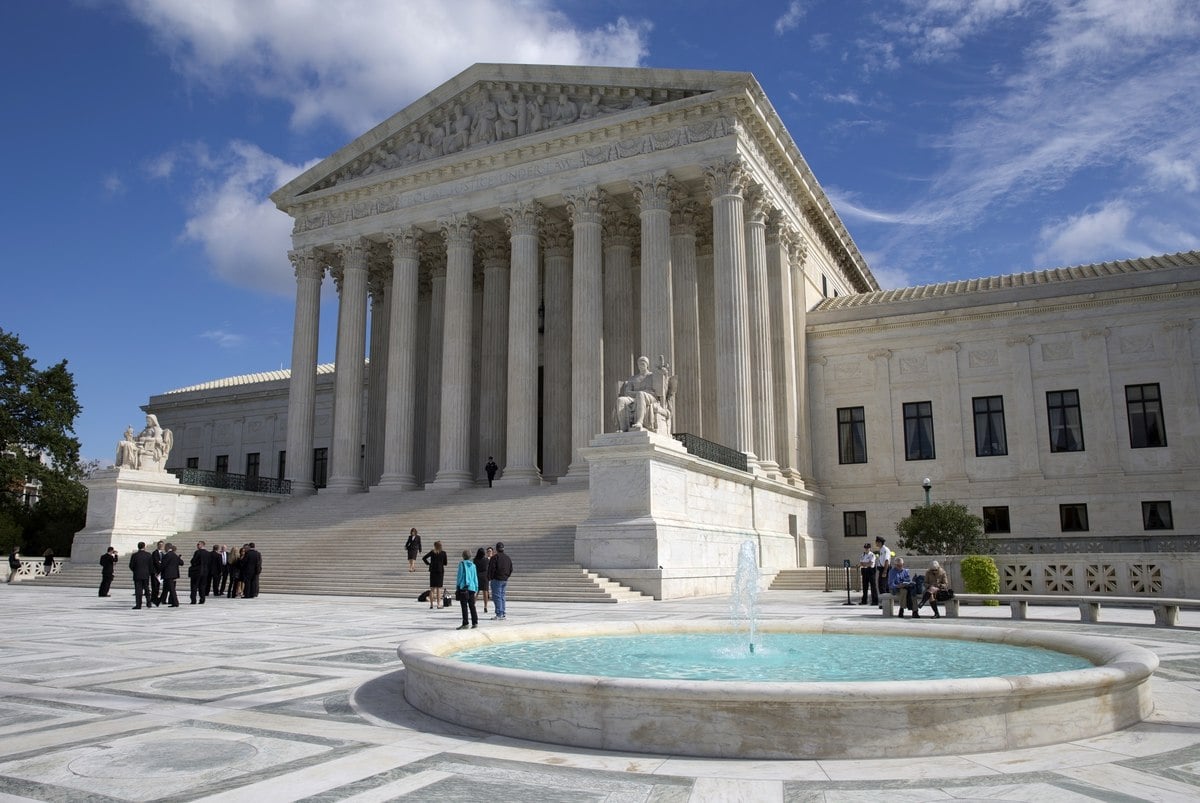Why You Have a Right to an Attorney
Did you know that prior to 1963 no one had a right to a criminal attorney? Only those who could afford to hire their own criminal defense attorney received representation. Fifty-five years ago this month, Clarence Earl Gideon’s case was decided by the United States Supreme Court. Gideon was accused of a burglary at the Bay Harbor Pool Room near Panama City, Florida. Without counsel, he was tried, convicted, and sentenced to five years in prison.
From his prison cell, Gideon filed paperwork with the Florida Supreme Court asking for review of his case. The Florida Supreme Court did hear his case but determined that he had been fairly tried and convicted even without having a lawyer to represent him. Gideon then filed paperwork with the United States Supreme Court. This review of his case went a bit differently. The United State Supreme Court decided that Gideon, and by extension other criminal defendants, were entitled to representation in criminal cases.
Gideon had a new trial and was found not guilty of the burglary charge. His case had far-reaching effects. Across the country, the legal community had to figure out a way to abide by the Supreme Court’s ruling in Gideon’s case. In Florida, this led to the development of the Florida Public Defender system, which provides attorney’s counsel to criminal defendants at no cost to them.

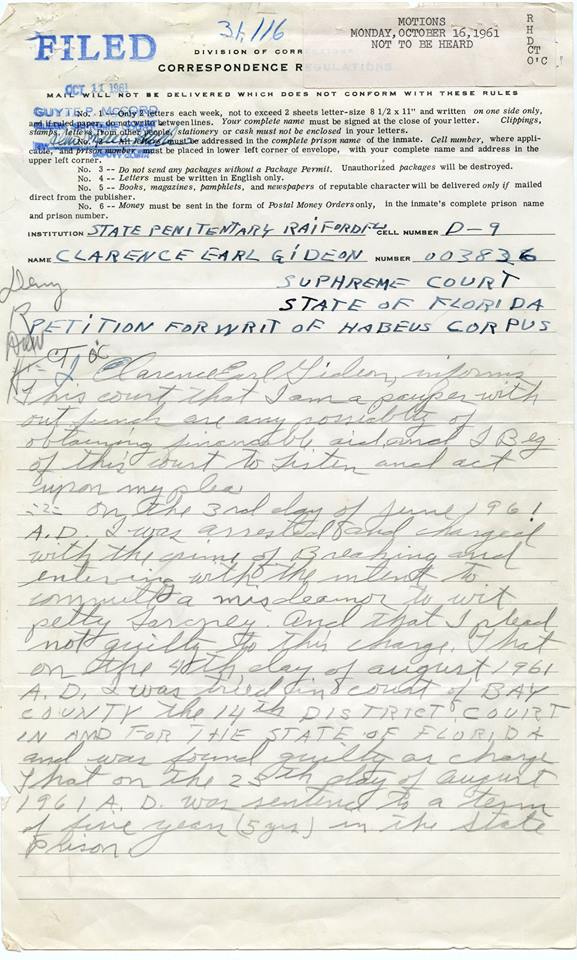

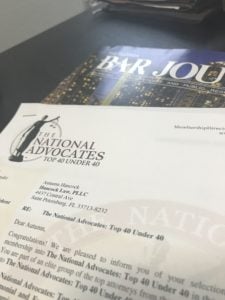 Hancock Law Firm PLLC is pleased to announce that Autumn N. Hancock, Esq. has been selected for inclusion into The National Advocates: Top 40 under 40 in Florida, an honor given to only a select group of attorneys. Membership in this exclusive organization is by invitation only and is extended exclusively to those individuals who exemplify superior qualifications, results and leadership. Based on a evaluation of Ms. Hancock’s qualifications, she is being honored based on her performance as an exceptional attorney, a leader in advocacy, and her consistent record of proven results for her clients. Ms. Hancock is specifically being honored for her work in Matrimonial and Family Law and her work in Wills, Trusts, and Estate Law.
Hancock Law Firm PLLC is pleased to announce that Autumn N. Hancock, Esq. has been selected for inclusion into The National Advocates: Top 40 under 40 in Florida, an honor given to only a select group of attorneys. Membership in this exclusive organization is by invitation only and is extended exclusively to those individuals who exemplify superior qualifications, results and leadership. Based on a evaluation of Ms. Hancock’s qualifications, she is being honored based on her performance as an exceptional attorney, a leader in advocacy, and her consistent record of proven results for her clients. Ms. Hancock is specifically being honored for her work in Matrimonial and Family Law and her work in Wills, Trusts, and Estate Law. 

